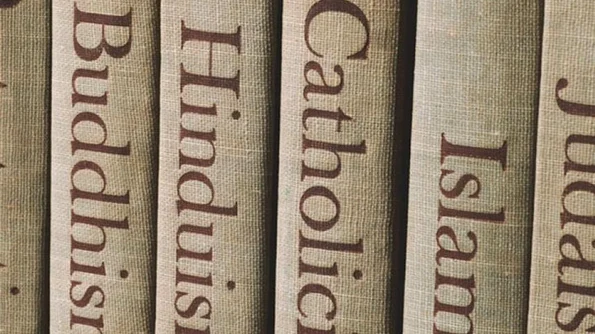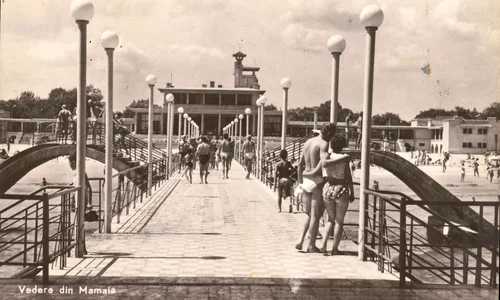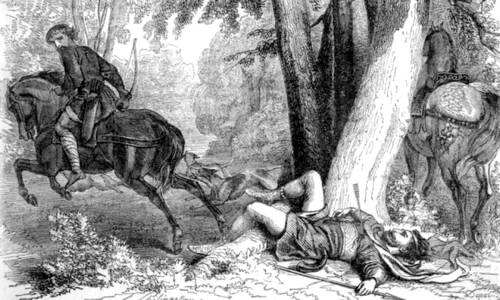
Does religion truly lead to conflict?
The question about the link between religion and conflictual situations is definitely a delicate and neverending one, as we can easily notice in public discussions nowadays revolving around themes regarding globalization, immigration, terrorism, secularization and so on. Conflicts around the globe are often tagged as religious in nature, but is that really the case or is it just an oversimplification and they are more likely framed as religious than religious in themselves?
Hard nut to crack. Sometimes the mere attempt to prevent people from manifesting their beliefs can trigger disputes, so prohibition leads to conflict. Alongside the attempt to force some beliefs upon others or the lack of interconfessional communication. We have to wonder about possible sources of conflict, because religions, like ideas, are tools that can be used and misused in various contexts. Sometimes the instrumentation and narrative about religion are the conflict.
We could say there is less strife in places with religious freedom, nevertheless lately we’ve seen religion involved pretty much everywhere. And Europeans at least tend to see it as the cause. Well, there was a time when most of Europe was very religious too and religious wars were recurrent phenomena. Nevertheless, the 20thcentury proved to be the bloodiest and most genocidal in its history. And neither WW1 and WW2 nor the Soviet famines, gulags, Armenian genocide had much to do with spiritual ideologies, but with secular ones linked to political processes like nation-building.
Religion, of course, can be dragged into identity politics, regional, national or global projects, ethnic discourses, community formation, boundary making. In that way religions become part of conflicts, yet they have nothing more intrinsic that causes them to be involved in strife than other ideologies do. However, they do, I think, possess some kind of potential that can easily be misused, and that is the ability to sacralize violence. In other words, they can make the violence of some groups appear legitimate by focusing on the holy character of such behavior. Then again, isn’t that also what the nationalist credo pointed at, a sacred duty? I guess it all depends on how we choose to define religion, either from a substantial, transcendental perspective or merely from a functional one.
So when we see people dying or killing for irrational causes, it is a question about what categories they choose to sacralize so as to justify violence. Religion, I think, is much involved in this business, but in the same time it could have the power to desacralize it. So both a problem and a solution. In general the assumption that religion solely is the root of all evil seems to circulate more, somehow obscuring a discussion on the complex causes of conflicts. Jose Casanova[1], researcher in the sociology of religion, suggests that maybe we should change our vocabulary a little in order to tackle the role of religion in present-day societies so as to avoid the problems so far. For instance, we should use the term in plural rather than singular or try to differentiate between institutionalized forms and personal beliefs. In other words, in every context we should try to see the empirical realities hidden under the cloak of such a broad category like religion, otherwise it gets very confusing.
Power games involve religious institutions and religious ideas striving for hegemony, and these are particular forms of manifestation. Religion in itself is less of an actor than the people maneuvering it to various ends. What we need to do, says Casanova, is to investigate which types of religious factors and entities contribute to the society we’d like to build together democratically and which hinder it.
Prohibiting ideas would go a little bit against our principles as democratic societies, instead they should be scrutinized, contested, as democracy is based on the interaction and intervention of citizens. So the question is to be able to identify what institutions are obstacles to a decent society and to peace-building. Like it or not, religion still stands at the core of many people and utterly banning it from public out of fear would harm freedom of conscience just as much as giving preferential treatment to one or another system of ideas, such as learning in school only about one religious view. In other words, neither exclusion nor preference to the detriment of secular ideas. Since religions deal with transcendental concepts that can easily sensitize, a “proceed with caution” sign is required.
Regarding the link to conflict, every one of them has a specific context and specific dynamics which we need to figure out before attributing this and that to religion, whether we talk about Islamic terrorism, Hindu nationalism or the preamble of the EU constitution. We need a pragmatic orientation to get things straight, because sometimes we tend to become very prejudiced. In the globalized interconnected world, people and ideas might clash, as part of the process, and here we must compromise to establish free open societies. Another problem is precisely to avoid prejudice and oversimplification, like saying that a particular religion or it in general breeds conflicts, when all of these have their own evolution and background. By explaining everything by tracking it down to religion, not much can be understood since some people with similar beliefs live in peace while other don’t.
And moreover, sometimes we tend to make issues out of non-issues, as with the preamble of the EU Constitution. We accept values like equality, liberty, democracy, some because we believe in God, some because we believe in something else or nothing at all. Relevant here is that we agreed upon those values.
So what is the link between religion and conflict? Still an open question, but as a very general remark, maybe it would be more useful to consider the particular ways religion gets involved in all kinds of situations and not the idea per se.
[1]https://berkleycenter.georgetown.edu/people/jose-casanova















